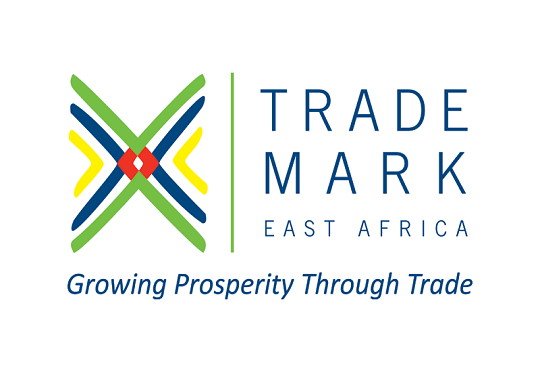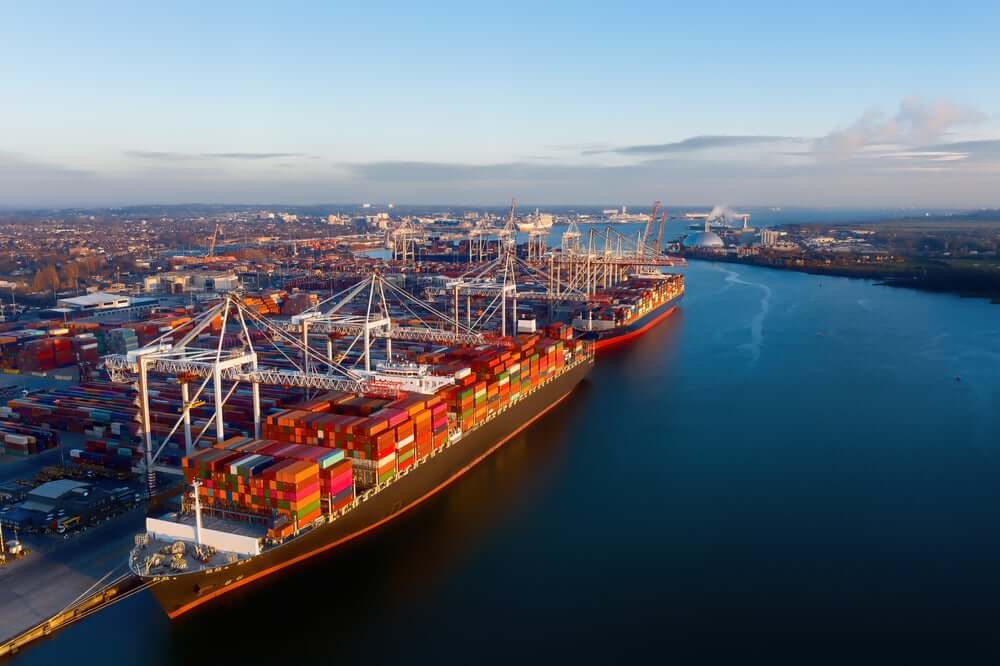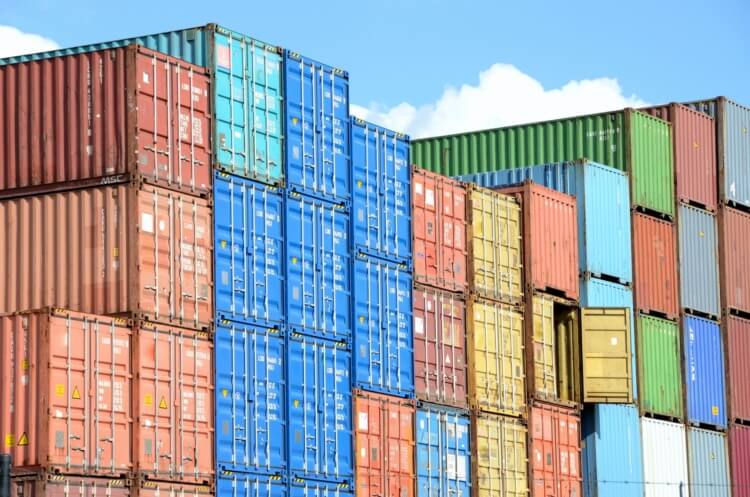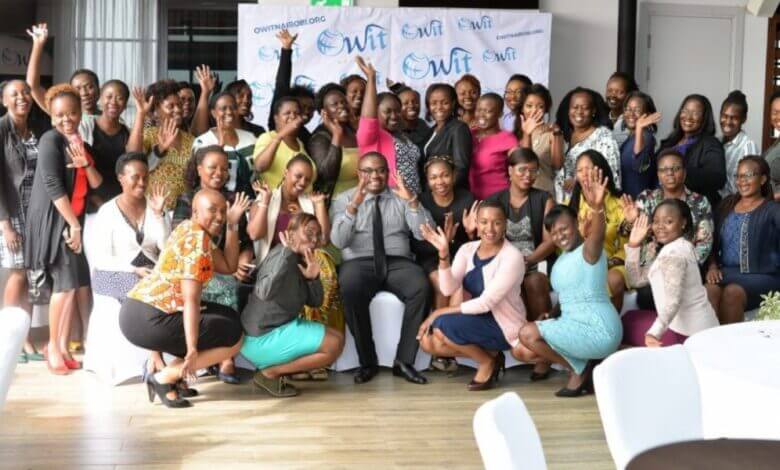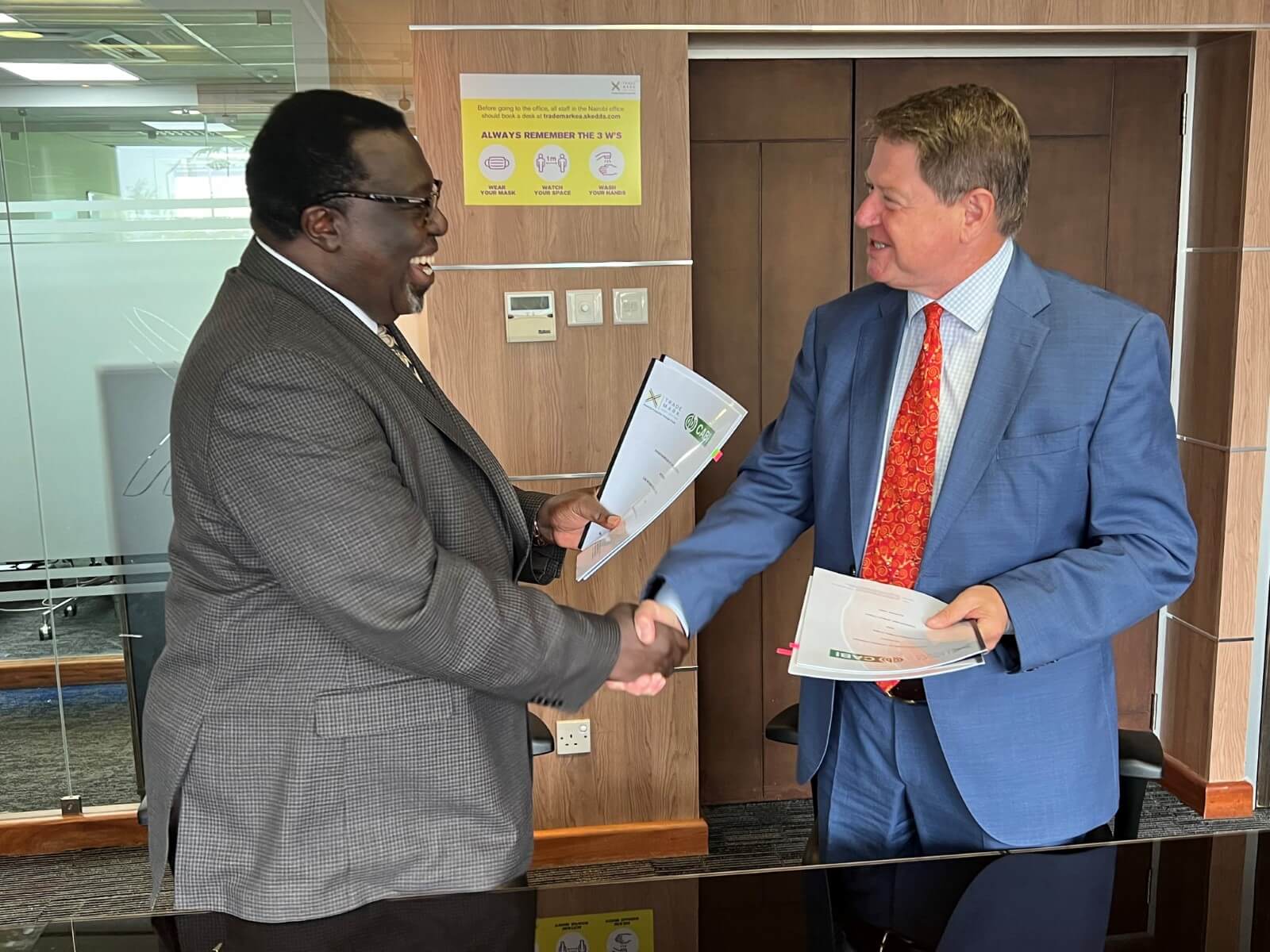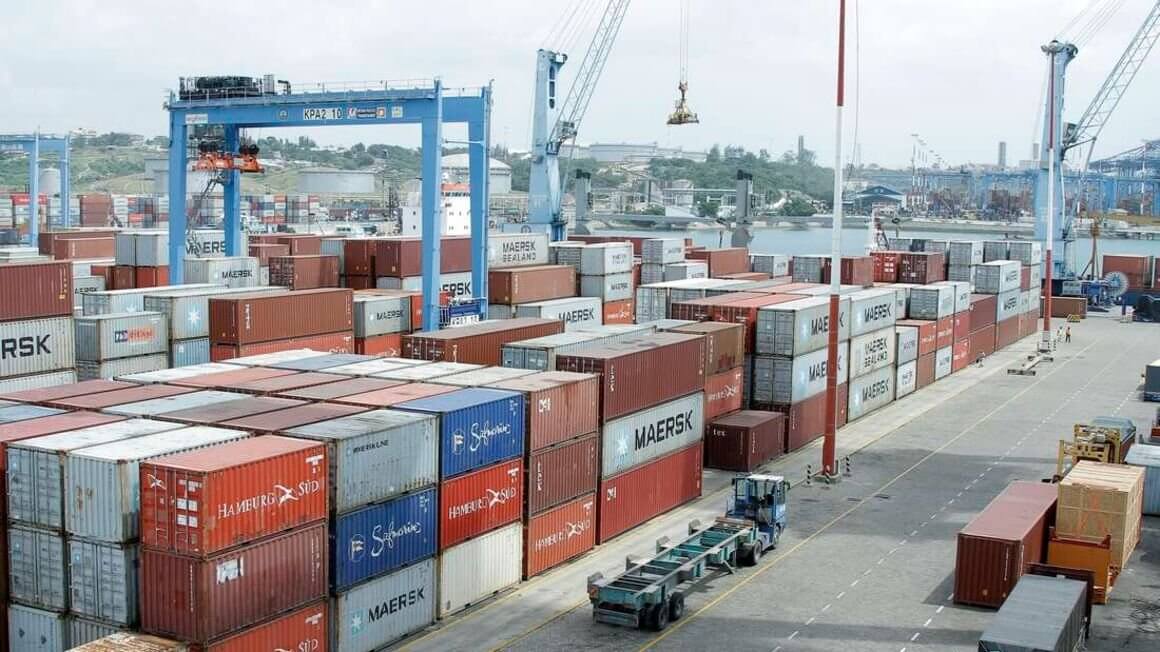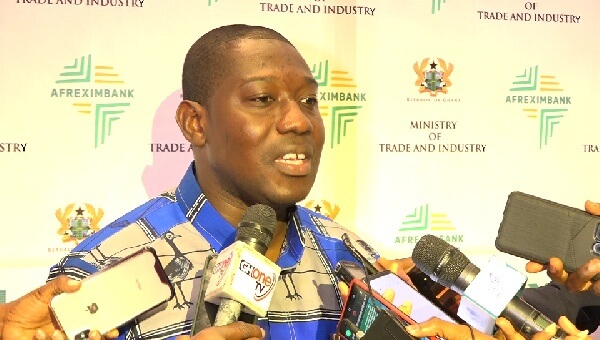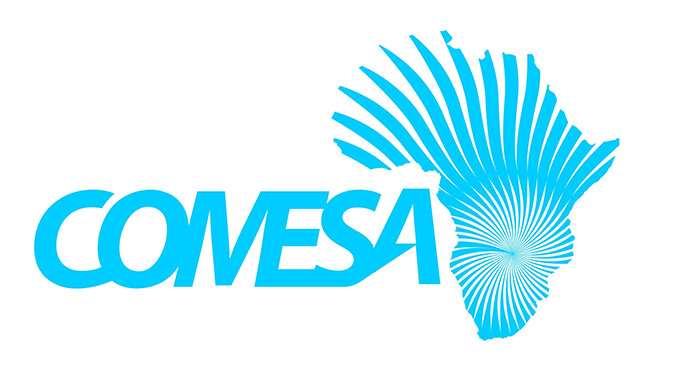Regional trade facilitation organisation TradeMark Africa has signed a new Memorandum of Understanding (MoU) with the Centre for Agricultural and Bioscience International (CABI) to cement collaboration and working together for the organisations to promote and enhance market access for regional produce. The two organisations have collaborated since 2017 to implement various Sanitary and Phyto-Sanitary Measures (SPS) projects across East Africa in, among other areas, conducting studies on SPS Gaps in the region and tools to remedy the situation. At a time when SPS issues are significant non-tariff barriers blocking regional produce from lucrative continental and global markets, TMA and CABI will now jointly support strengthening of national SPS systems, engagement with Regional Economic Communities and support AfCFTA implementation specifically the Protocol on Trade in Goods and Annex 7 on Sanitary and Phytosanitary measures. Speaking during the MOU signing TMA CEO Frank Matsaert highlighted the immense potential the region’s agricultural sector holds, if risks in food safety, plant health and animal health are addressed “We look forward to working together in improving the safety of agricultural goods coming from this continent to the rest of the world to enhance market access. We will also bring our expertise of tapping into ICT to modernize how Standards and SPS licensing and regulation is undertaken for efficiency” On his part CABI Director for General Development Dr Dennis Rangi noted that the two organisations will create great synergies in SPS work which is a key catalyst to trade. “The coming into effect of the Africa...
TradeMark Africa and CABI partner to enhance market access for regional produce
Posted on: September 26, 2022
Posted on: September 26, 2022

